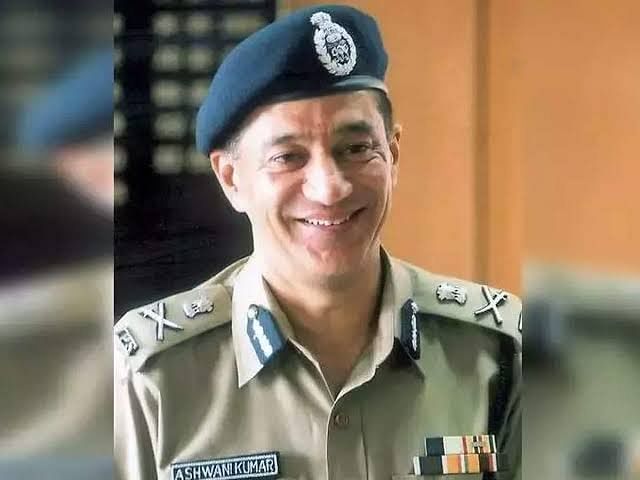On October 7, former CBI Director Ashwani Kumar, who had been Governor of Nagaland and was briefly the governor of Manipur as well, was found dead at his residence in Shimla, as stated by police. Kumar was 70.
As per a statement given by an official, Kumar’s body was discovered by his son and daughter-in-law at 7.10 pm when they noticed that he was missing from his usual meditation spot. A suicide note also has been found in which he purportedly wrote that he was suffering from disease and disability. The note ended with: “I am ending my life. Everyone be happy. My soul is embarking on a new journey.” Kumar is survived by his wife and son. The district police called it as a suspected case of suicide.
The body has been shifted to the Indira Gandhi Medical College for a post-mortem examination by the police. Also, at the Police Station East in Chhota Shimla, police has initiated investigation proceedings under section 174 of the Criminal Procedure Code.
Kumar took birth at Nahan in Sirmaur district. In 1973, he joined the Indian Police Force and was allotted the Himachal Pradesh cadre. In 1985, while he was working as the District Superintendent of Police at Shimla, he was inducted in the newly created Special Protection Group (SPG), where he worked till 1990.
He was appointed as the DGP of Himachal in August 2006. Later, in July 2008, from the state, he became the first police officer to become the director of CBI. After his retirement in 2010, he started teaching MBA students as a visiting faculty at several institutions.
His journey to serve as the Governor of Nagaland began in March 2013. In his time as the Governor of Nagaland, he also held the additional charge of Governor of Manipur for some time. His governorship ended in July 2014.
During the Aarushi Talwar murder case, he was the director of the probe agency. He was quite unhappy with the line of an investigation headed by the then CBI Joint Director Arun Kumar, who had given a clean chit to Rajesh and Nupur Talwar. Ashwani Kumar had trashed the findings. Subsequently, the case was transferred to the Dehradun unit. In 2013, a CBI court gave a life sentence to the Talwars who were later acquitted by the Allahabad High Court in 2017.





